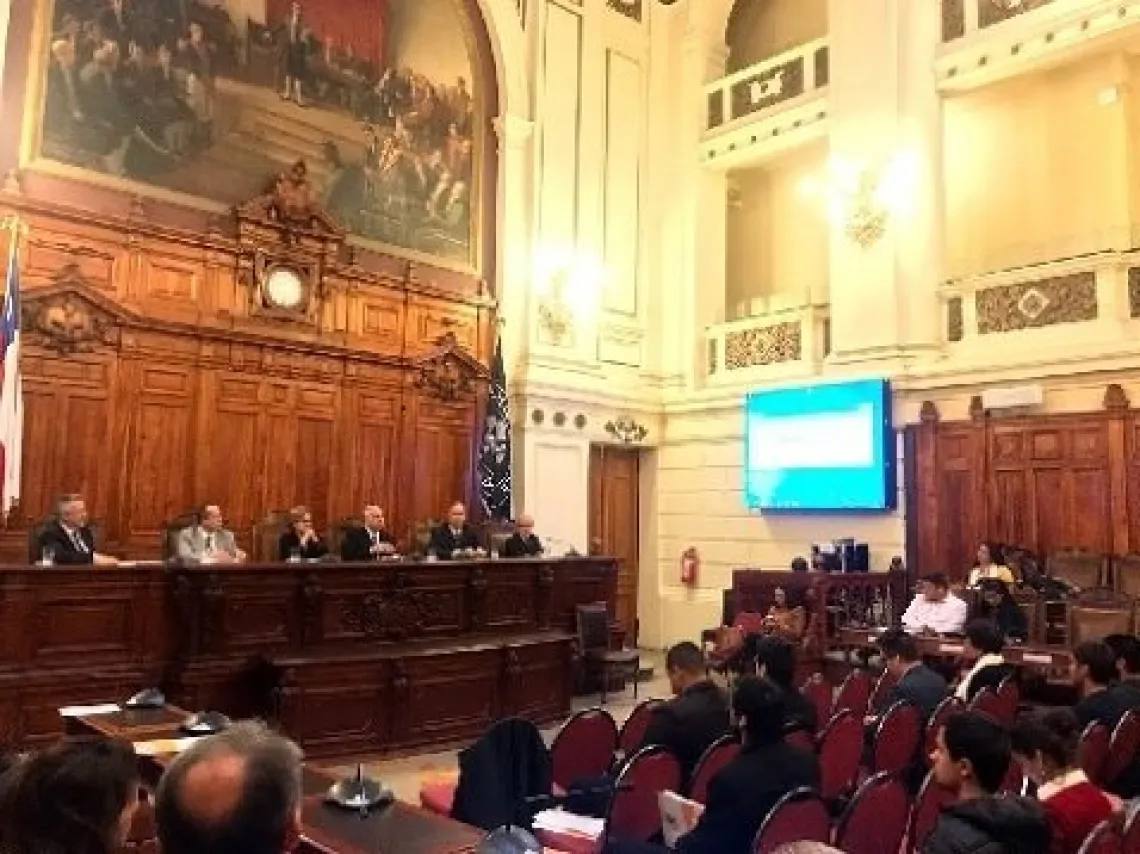International G-WADI Seminar on "Citizen Science for Water Management and Drought", Santiago, Chile

The participation of the general public in the collection and interpretation of information for research and decision-making is often referred to as citizen science. While citizen science itself has existed since the beginning of scientific practice, advances in technology detection, data processing and visualization, and communication of ideas and results are creating a wide range of new opportunities for public participation in scientific research.
The democratization of science and technology represents a great opportunity to empower communities to address issues of local interest and to expand the scientific knowledge used in the formulation of policies for drought risk management. Citizen science presents a tangible opportunity for the general public to connect with research and science policy by creating opportunities for a real commitment based on needs.The availability of water resources is essential for communities, as well as for agricultural and industrial activities. The generation of agrometeorological and hydrological data is the basis of most decisions on water resources and is the basis for assessing water-related risks, such as floods and droughts. But despite its critical social importance, this area of science has an acute shortage of data in space and time, which contrasts significantly with the heterogeneity and complexity of water management and government processes.
To examine the potential role that citizen science could play in decision making and the generation of new knowledge in relation to the water cycle and the aspects related to drought, G-WADI held an international seminar on “Citizen Science for Water Management and Drought” on 24-25 September 2018 in Santiago, Chile.
The British Council helped fund the event, which was carried out by the Ministry of Agriculture of Chile within the framework of G-WADI. CAZALAC, Flanders UNESCO Fund for Science, and ICIWaRM also supported the meeting, and it was is also a contribution to the 8th Phase of UNESCO IHP, “Water security: responses to local, regional and global challenges”.
The seminar invites experiences, primarily from Latin America and the Caribbean, on different aspects of citizen science for water resources and drought risk management. These topics included Citizen Science Management Models, Portals and Platforms for Citizen Science, Water Harvesting, Measures of Adaptation to Drought and Monitoring of Water Resources.
